Filter by
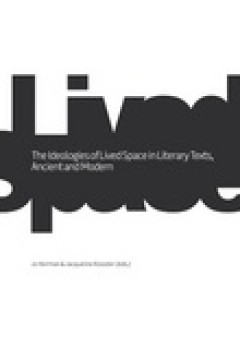
The ideologies of lived space in literary texts, ancient and modern
In a brief essay called Des espaces autres (1984) Michel Foucault announced that after the nineteenth century, which was dominated by a historical outlook, the current century might rather be the century of space. His prophecy has been fulfilled: the end of the twentieth century witnessed a ‘spatial turn’ in humanities which was perhaps partly due to the globalisation of our modern world. I…
- Edition
- -
- ISBN/ISSN
- 9789038221021
- Collation
- 256 p.
- Series Title
- -
- Call Number
- 800 KLO i
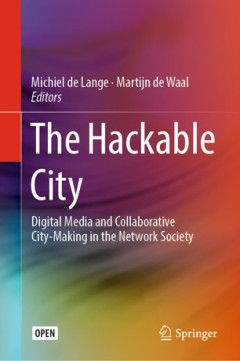
The hackable city : digital media and collaborative city-making in the networ…
This open access book presents a selection of the best contributions to the Digital Cities 9 Workshop held in Limerick in 2015, combining a number of the latest academic insights into new collaborative modes of city making that are firmly rooted in empirical findings about the actual practices of citizens, designers and policy makers. It explores the affordances of new media technologies for em…
- Edition
- -
- ISBN/ISSN
- 9789811326943
- Collation
- xv, 302p. : ill.
- Series Title
- -
- Call Number
- 621.382 HAC h
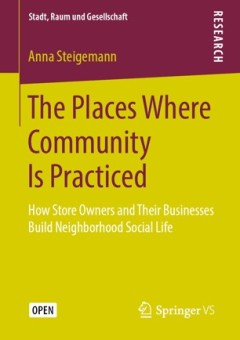
The places where community Is practiced : how store owners and their business…
In this open access publication, the social cohesion of urban neighborhoods and their residents is examined, which is often viewed as vulnerable since increased mobility, individualization, wider socio-economic and demographic changes have fundamentally altered the basis for everyday social interaction in urban neighborhoods. Anna Steigemann gives scholarly attention to the concrete places wher…
- Edition
- -
- ISBN/ISSN
- 9783658253936
- Collation
- xiii, 325p. : ill.
- Series Title
- -
- Call Number
- 307.33 STE p
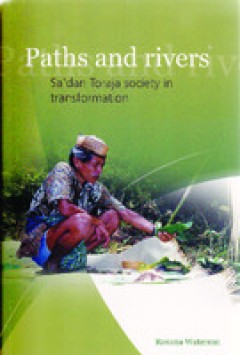
Paths and rivers ; Sa’dan Toraja society in transformation
Fieldwork extending over a thirty-year period provided materials for this book. Paths and Rivers offers an unusually deep and broad picture of the Sa’dan Toraja as a society in dynamic transition over the course of the past century. The Toraja inhabit the mountainous highlands of South Sulawesi, Indonesia, and are well known for their dramatic architecture, their unusual cliff burials, and th…
- Edition
- -
- ISBN/ISSN
- 9789067183079
- Collation
- xxxii, 510 p.
- Series Title
- Verhandelingen van het Koninklijk Instituut voor Taal-, Land- en Volkenkunde
- Call Number
- 305.89922 WAT p
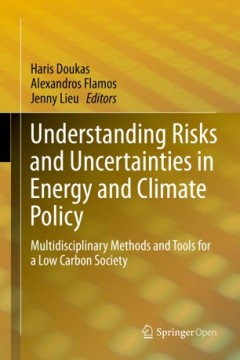
Understanding risks and uncertainties in energy and climate policy : multidis…
This open access book analyzes and seeks to consolidate the use of robust quantitative tools and qualitative methods for the design and assessment of energy and climate policies. In particular, it examines energy and climate policy performance and associated risks, as well as public acceptance and portfolio analysis in climate policy, and presents methods for evaluating the costs and benefits o…
- Edition
- -
- ISBN/ISSN
- 9783030031527
- Collation
- xvi, 259p. : ill.
- Series Title
- -
- Call Number
- 333.79 UND u
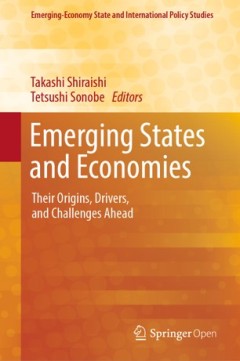
Emerging states and economies : their origins, drivers, and challenges ahead
This open access book asks why and how some of the developing countries have “emerged” under a set of similar global conditions, what led individual countries to choose the particular paths that led to their “emergence,” and what challenges confront them. If we are to understand the nature of major risks and uncertainties in the world, we must look squarely at the political and economic…
- Edition
- -
- ISBN/ISSN
- 9789811326349
- Collation
- x, 177p. : ill.
- Series Title
- -
- Call Number
- 338.9 EME e
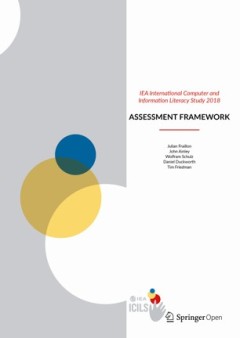
IEA international computer and information literacy study 2018 assessment fra…
This open-access book presents the assessment framework for IEA’s International Computer an Information Literacy Study (ICILS) 2018, which is designed to assess how well students are prepared for study, work and life in a digital world. The study measures international differences in students’ computer and information literacy (CIL): their ability to use computers to investigate, create, pa…
- Edition
- -
- ISBN/ISSN
- 9783030193898
- Collation
- vi, 74p. : ill.
- Series Title
- -
- Call Number
- 028.7 INT i
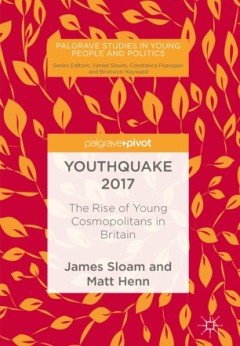
Youthquake 2017 : the rise of young cosmopolitans in Britain
This book investigates the reasons behind the 2017 youthquake – which saw the highest rate of youth turnout in a quarter of a century, and an unprecedented gap in youth support for Labour over the Conservative Party – from both a comparative and a theoretical perspective. It compares youth turnout and party allegiance over time and traces changes in youth political participation in the UK s…
- Edition
- -
- ISBN/ISSN
- 9783319974699
- Collation
- xiii, 129p. : ill.
- Series Title
- -
- Call Number
- 323.04208350941 SLO y
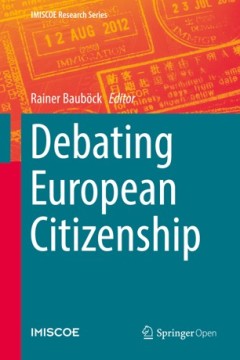
Debating European citizenship
This open access book raises crucial questions about the citizenship of the European Union. Is it a new citizenship beyond the nation-state although it is derived from Member State nationality? Who should get it? What rights and duties does it entail? Should EU citizens living in other Member States be able to vote there in national elections? If there are tensions between free movement and soc…
- Edition
- -
- ISBN/ISSN
- 9783319899053
- Collation
- xviii, 313p. : ill.
- Series Title
- -
- Call Number
- 323.6094 DEB d
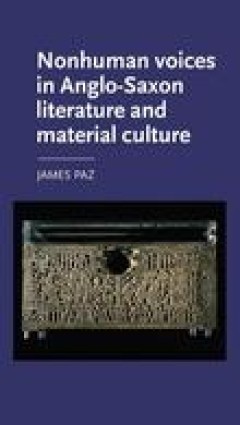
Nonhuman voices in Anglo-Saxon literature and material culture
"Anglo-Saxon ‘things’ could talk. Nonhuman voices leap out from the Exeter Book Riddles, telling us how they were made or how they behave. The Franks Casket is a box of bone that alludes to its former fate as a whale that swam aground onto the shingle, and the Ruthwell monument is a stone column that speaks as if it were living wood, or a wounded body. In this book, James Paz uncovers the v…
- Edition
- -
- ISBN/ISSN
- 9781526115997
- Collation
- X, 236 p.
- Series Title
- Manchester Medieval Literature and Culture
- Call Number
- 829.09 PAZ n
 Computer Science, Information & General Works
Computer Science, Information & General Works  Philosophy & Psychology
Philosophy & Psychology  Religion
Religion  Social Sciences
Social Sciences  Language
Language  Pure Science
Pure Science  Applied Sciences
Applied Sciences  Art & Recreation
Art & Recreation  Literature
Literature  History & Geography
History & Geography